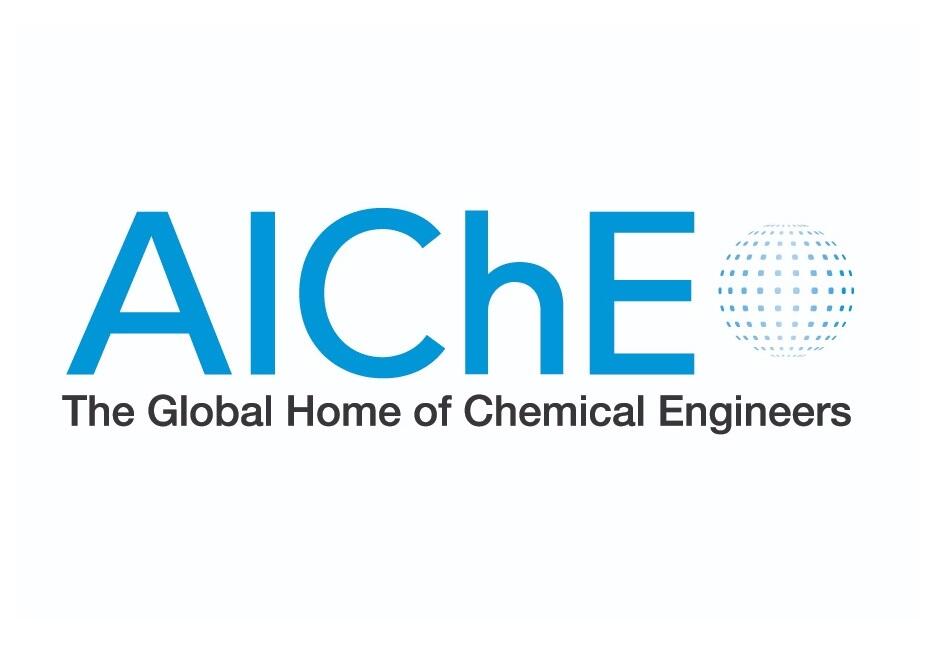AIChE Spring Meeting & Global Congress on Process Safety
Houston, TX
United States

SwRI will be exhibiting at the AIChE Spring Meeting and Global Congress on Process Safety (GCPS), booth no. 324.
We specialize in many areas of research, including chemical engineering. We:
- accelerate process development with the design, building, and operation of pilot plants
- conduct proof-of-concept processing experiments
- operate our standard refinery pilot plants to produce test quantities of fuels or refinery products
- help our clients troubleshoot and optimize chemical and petroleum processes
- independently test samples for the oil and gas industry
At SwRI, we have integrated teams working on all facets of renewable petrochemicals and related infrastructure developed for real-world fuel producers. Our expertise ranges across thermochemical methods for conventional and unconventional feedstock cracking, conversions facilitated by scaled-up isomerization, and hydrotreating technologies to obtain refined fuels while achieving the desired properties and quality standards. Simultaneously, SwRI also works on engine testing and required adaptations for such renewable fuels. Renewable gasoline and diesel are characteristically like their fossil fuel counterparts and thus can be used as standalone fuels or blended with fossil fuels in internal combustion engines. Another growing field with competent demand is the production of SAF from various sustainable sources. Through numerous and diverse projects completed over decades, SwRI promotes an achievable and sustainable energy and material economy. This presentation will cover the different facets of scaling up and upgrading different feedstocks to renewable petrochemicals while competing with and learning from fossil-based petrochemicals.
For more information, please contact Heather Bonduris.